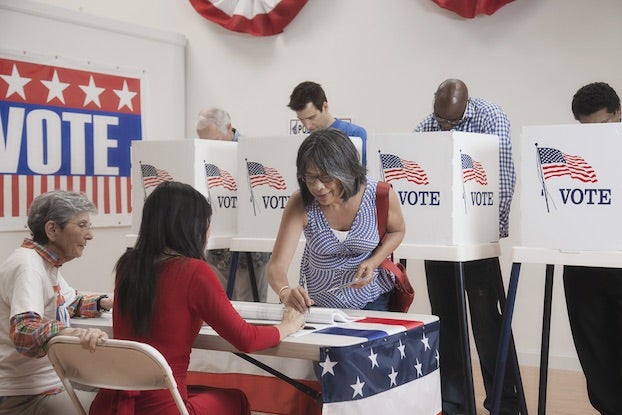We must rein in rising college tuition costs
Published 9:40 am Tuesday, September 16, 2014
Costs for college tuition have been on the rise in Louisiana for far too long. The average debt for a student graduating college is $30,000, and it’s only growing.
It is the job of every generation to educate the one after it, and the millennials have gotten the short end of the stick. It’s become harder and harder to attend college as the cost of tuition increases.
It leaves us to wonder if current and future generations will be left behind if we cannot come up with a solution to share in the costs. With so much wasteful spending in Washington, D.C., it might be time to re-examine our priorities and give back to students who in the future will be the ones running our country. We’re counting on them, but are we giving them the financial tools to succeed? It’s incumbent upon us to do so because they hold the key to our future and our long-term interests.
It’s important to note that McNeese State University has the lowest undergraduate tuition and fees in the University of Louisiana System, which includes Grambling State, Louisiana Tech, Nichols State, Northwestern State and Southeastern Louisiana universities, the University of Louisiana at Lafayette, University of Louisiana at Monroe and University of New Orleans.
Fall 2014 tuition and fees for an in-state, full-time student (12 hours) is $3,159 and combined fall and spring tuition and fees is $6,305.
Besides four-year universities, there are other options. Sowela Technical and other community colleges offer associate degrees for high-paying careers.
With no substantial relief to the status quo of tuition costs in the state at the present time, a student may want to refocus his or her priorities before accepting that inevitable mounting debt.
There have been efforts on the federal level to change student loan rates from 3.4 percent to 9.5 percent, which could help. In Louisiana, cuts to higher education have hindered the state.
Student loan debt makes it that much more difficult for a graduate to own a home and achieve that middle class lifestyle that his or her parents were privileged to attain.
We must re-evaluate our priorities as a state and a nation for the betterment of future generations.





